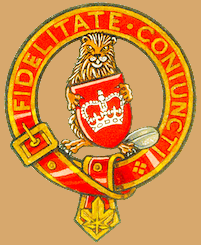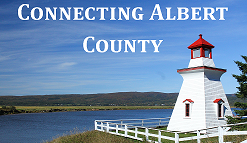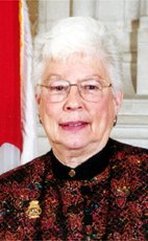 Photo Credit: Gaetan Lee
Photo Credit: Gaetan Lee of our culture and Christmas is no
exception. The following holiday
traditions at least partially owe their
existence to royalty.
Gingerbread Men
While spiced cookies have been a
mainstay of the Christmas season since
the Middle Ages it took a canny act of
diplomacy to make gingerbread men a
reality.
Queen Elizabeth I held elaborate banquets where there
would be served gingerbread men made to represent her
favoured couriers and foreign dignitaries. Queen Elizabeth
carried out a careful balancing act throughout her reign in
order to avoid being sidelined, attacked, or pinned down. Her
banquets were only part of this strategy and allowed the
Queen to signal who was a rising star and to flatter the
representatives of potentially hostile states.
The Christmas Tree
While evergreens were an important aspect of Europe's Pagan
and folk religions since ancient times the modern Christmas
tree tradition began in Germany in the 16th century when
devout Christians there started bringing the trees into their
homes and decorating them with candles. There is even a
story that this stemmed from Martin Luther wanting to show
his family the beauty of the stars shining amongst the
evergreens one night while he was outside working on a
sermon.
However, without royal intervention the Christmas tree would
likely have remained an oddity in the Western world. In 1846
a sketch appeared in the London News depicting Queen
Victoria, her German husband Prince Albert, and all their
children standing around a Christmas tree. The popular
Queen was quickly imitated at all levels of society and the
Christmas tree was on its way to being a worldwide tradition.
Christmas Pudding
Christmas Pudding started off as being partly made of meat
(in much the same way as mincemeat pies did) and was more
of a soup than a pudding. This concoction was called
'frumenty'. It was traditionally eaten before Christmas to get
ready for the season.
By the late 1500s the addition of eggs, breadcrumbs, and fruit
had led to a proper pudding. This is where the story gets a tad
fuzzy. It has been said that the Puritans banned Christmas
during the English Interregnum. What is less clear is whether
or not they tried to stamp out the humble Christmas
pudding. The story continues that after the restoration of the
monarchy the pudding was legalized but didn't regain its full
popularity until the reign of King George I in 1714.
Is any part of this dastardly pudding ban story true? Who
knows! But the linkage of Christmas pudding with royalty has
endured.
Christmas Address
In 1932 King George V was persuaded to give a Christmas
address over the radio by the BBC. It would become an
annual tradition (with a few notable lapses) for the Royal
Family. In the years since the tradition has spread to other
monarchies in Europe. Several republics have also taken up
the tradition with the president typically giving an address at
Christmas or on New Years Eve.
Turkey Dinner
Maybe I should have had more to eat before starting this
article, I keep coming back to food! It is widely reported
that King Henry VIII was the first english king to dine on
turkey but that it was Edward VII who made it fashionable to
eat the bird at Christmas time. Regardless, turkey remained
a food for the mainly well-to-do until at least the 1950s.
---
As this will be my last post before the 25th I would like to
wish everyone a Merry Christmas.
Loyally Yours,
A Kisaragi Colour
 RSS Feed
RSS Feed





